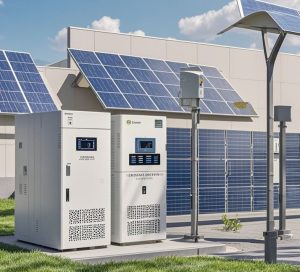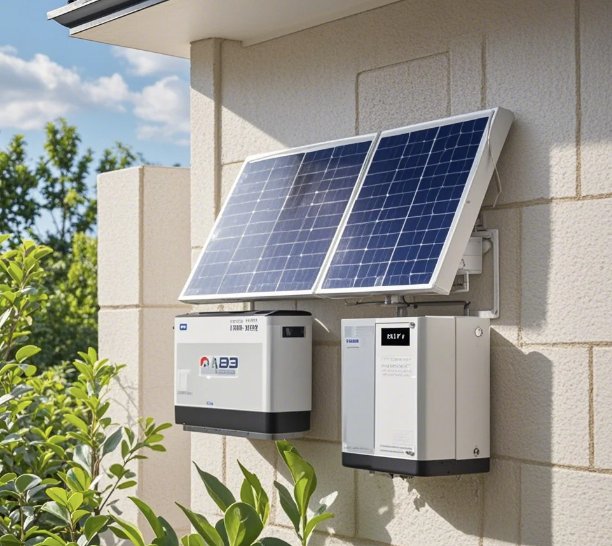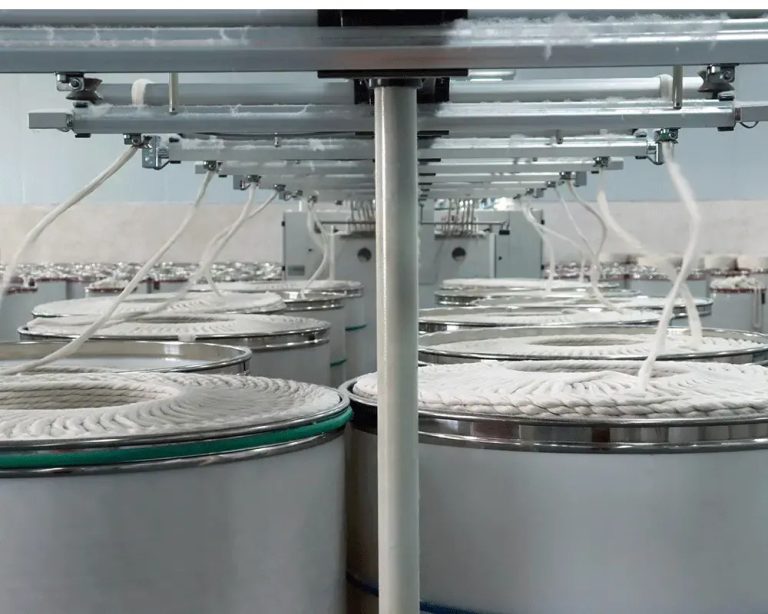目录
ToggleIn the era of renewable energy, solar battery storage systems have become a pivotal component for both residential and commercial solutions. These systems enable businesses to save surplus solar power produced during peak sunlight hours for future use, offering a dependable and affordable energy option. As companies strive to reduce their carbon footprint and energy costs, understanding the benefits and applications of solar battery storage systems is essential.
What Are Solar Battery Storage Systems?
Solar battery storage systems are designed to store the energy produced by solar panels. Instead of sending all the generated electricity directly to the grid, a portion is stored in batteries. This stored energy can then be used during periods when the sun isn’t shining, such as at night or during cloudy days. For businesses, this means a continuous power supply and reduced reliance on the grid.

Benefits of Solar Battery Storage Systems for Commercial Use
1. Cost Savings: By storing excess solar energy, businesses can reduce their electricity bills. During peak hours, when electricity rates are higher, stored solar energy can be used instead of drawing power from the grid.
2. Energy Independence: Solar battery storage systems provide businesses with greater control over their energy use. In the event of a power outage, these systems can keep essential operations running, reducing downtime and potential losses.
3. Sustainability: Implementing solar battery storage is a step towards achieving sustainability goals. It allows businesses to maximize the use of renewable energy, thereby reducing their carbon footprint and contributing to environmental conservation efforts.
4. Enhanced Grid Stability: By utilizing stored energy during peak demand periods, businesses can contribute to reducing the strain on the grid. This helps in stabilizing the overall energy supply and prevents blackouts or brownouts, especially during high-demand periods.
Applications in Commercial Settings
Solar battery storage systems are versatile and can be tailored to meet the specific needs of different commercial settings. For instance:
Manufacturing Facilities: These facilities often have high energy demands, particularly during production peaks. Solar battery storage systems can ensure that operations continue smoothly, even during grid outages, by providing a steady energy supply.
Office Buildings: In office environments, solar battery storage can help manage energy costs by supplying power during peak hours. It also ensures that critical systems, such as servers and security systems, remain operational during outages.
Retail Spaces: Retailers can benefit from solar battery storage by maintaining lighting and climate control systems during power outages, ensuring a comfortable shopping experience for customers.
Conclusion
Solar battery storage systems offer commercial enterprises a reliable, cost-effective, and sustainable energy solution. By investing in these systems, businesses can not only reduce their energy costs but also enhance their operational resilience and contribute to a more stable energy grid. As the world continues to move towards renewable energy sources, the adoption of solar battery storage systems will undoubtedly become a standard practice for forward-thinking businesses.
0








